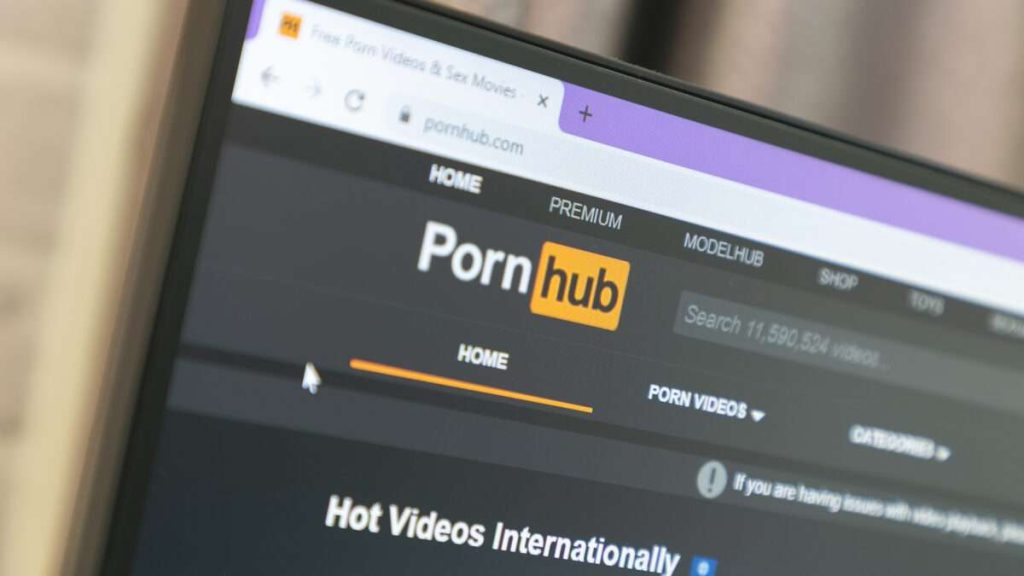Last Friday, Kentucky Gov. Andy Beshear signed a controversial bill requiring age verification for individuals seeking to use pornography websites in the state. While the bill seeks to prevent minors from accessing explicit materials, the law will require a substantial invasion of adults’ privacy.
The newly signed law started as an unrelated bill aimed at tightening penalties for child sexual abuse and other crimes, with the age-verification provision of the bill added as a floor amendment in March.
“Pornography is creating a public health crisis and having a corroding influence on minors,” the final bill reads. “Pornography may also impact brain development and functioning, contribute to emotional and medical illnesses, shape deviate sexual arousal, and lead to difficulty in forming or maintaining positive, intimate relationships, as well as harmful sexual behaviors and addiction.”
The bill requires pornography websites to limit access to adults and to verify a user’s age by accessing their government-issued identification or using another “commercially reasonable method of identification that relies on public or private transactional data.” Under the law, sites that violate the law face $10,000 fines for each instance that a minor accesses pornography.
As a result of this law, it’s likely that major porn websites will cease operations in Kentucky rather than develop a complex and invasive age-verification system. PornHub has so far left seven states that have adopted similar laws.
However, it’s possible that Kentucky’s law will be overturned on a legal challenge. Last August, a federal court in Texas ruled that a similar law was unconstitutional—though the bill has been allowed to go into effect pending appeal.
While age-verification laws have gained many vocal supporters who argue that these laws are necessary to prevent minors from accessing harmful explicit materials, these measures are ultimately short-sighted.
“There will always be websites willing to provide porn without carding viewers. These platforms are also less likely to take other steps to stay within regulatory or creator-protective limits,” Reason‘s Elizabeth Nolan Brown wrote in March. “By driving viewers away from platforms like Pornhub—sites that engage in at least some content moderation, are relatively receptive and responsive to authorities, and are willing to forge mutually beneficial partnerships with porn creators—age verification laws could actually increase viewership of exploitative or otherwise undesirable content.”
The post States Keep Passing Unconstitutional Age-Verification Laws for Porn Sites appeared first on Reason.com.







